1. Raking Leaves
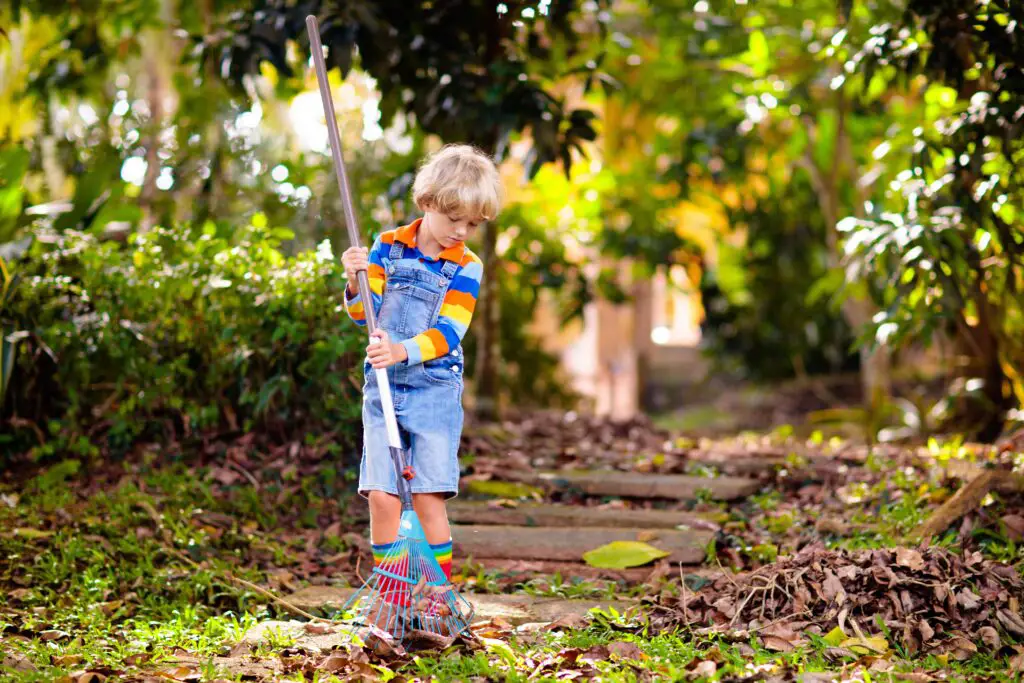
In the ’70s, kids were often sent outside with a rake to tackle the backyard. It felt endless, but it quietly taught persistence and attention to detail. Plus, there was the bonus of jumping into the leaf piles afterward.
That chore built work ethic while sneaking in exercise. It also gave kids pride in seeing a clean yard after their effort. Responsibility and patience grew right alongside blisters.
2. Washing the Family Car

Before drive-through car washes became the norm, families handed kids a sponge and bucket. Scrubbing down chrome bumpers and wide windshields was a Saturday ritual. It taught patience and thoroughness, especially when missed spots were pointed out.
Kids learned the value of caring for something that represented family pride. The satisfaction of a gleaming car instilled attention to detail. It was more than soap and water—it was responsibility training.
3. Doing the Dishes by Hand
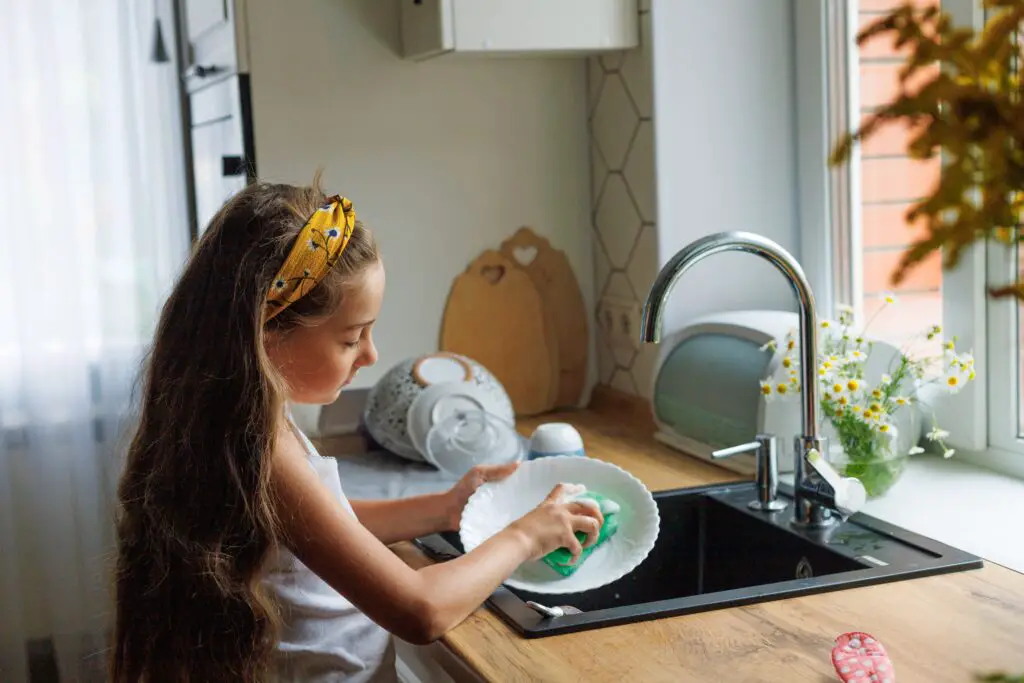
In many homes, dishwashers hadn’t arrived yet or weren’t used for daily meals. Children stood at the sink, washing and drying each plate and fork. It could feel never-ending after a big dinner.
But the chore taught teamwork when shared with siblings. It also built good hygiene habits and respect for shared spaces. Lessons learned at the sink lasted well beyond childhood.
4. Folding Laundry

Laundry piles in the ’70s often fell to kids to fold neatly. Matching socks, stacking towels, and pressing shirts into squares felt repetitive. But it honed organizational skills.
Children learned to keep things tidy and to value cleanliness. Folding also taught patience and the ability to take pride in small tasks. Those habits carried straight into adult life.
5. Mowing the Lawn
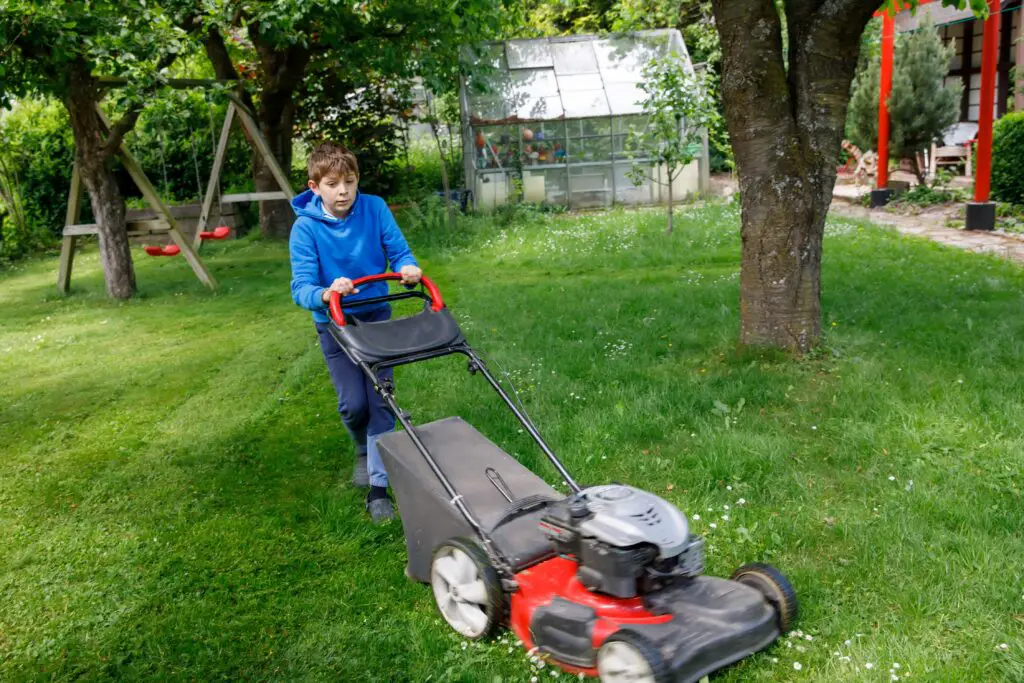
Pushing the family mower across wide suburban yards was a rite of passage. It was loud, sweaty, and occasionally nerve-wracking. Yet it gave kids real responsibility over family property.
Mowing taught focus and safety, especially around sharp blades and gas engines. It also built stamina and pride in a job well done. For many, it was their first “serious” chore.
6. Taking Out the Trash
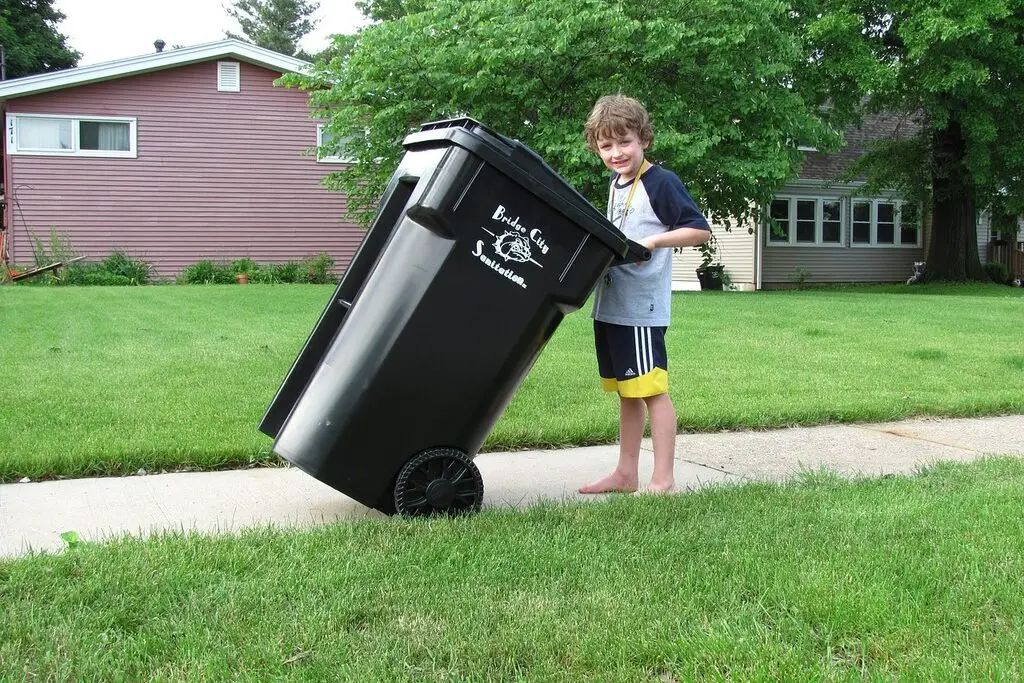
Gathering up bags and lugging them to the curb was a weekly job for many kids. It wasn’t glamorous, but it mattered. The smell and the heft reminded you not to put it off.
This chore built reliability—if you forgot, the whole family knew about it. It also instilled respect for cleanliness and scheduling. Small duties added up to bigger lessons in accountability.
7. Ironing Clothes
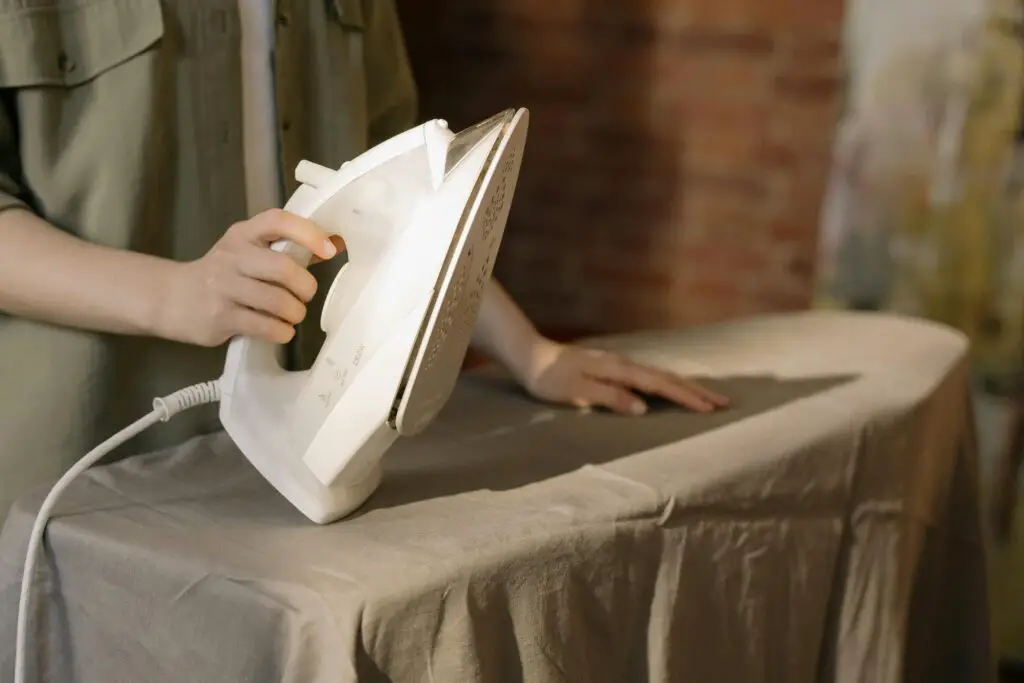
Many ’70s kids learned to iron school shirts and pants. Handling a hot iron required focus and respect for safety. One wrong move meant a scorch mark—or worse.
The skill taught precision and care. It also prepared kids for adulthood, when presentation mattered at work or special occasions. Ironing was a small task with big life lessons.
8. Cooking Simple Meals

By the ’70s, many kids were expected to know how to fry an egg, boil pasta, or warm up leftovers. Parents saw it as preparation for independence. Meals may have been basic, but they taught resourcefulness.
Cooking built confidence and introduced kids to budgeting and timing. It gave them pride in feeding themselves and others. Those lessons are still invaluable today.
9. Hanging Clothes on the Line

Before dryers became universal, kids carried baskets of wet laundry outside. Pinning each piece to the line required balance, patience, and neatness. Sun-dried sheets felt like a reward.
The chore taught mindfulness and resourcefulness. It also showed the value of taking care of clothing. Plus, kids learned to work with nature instead of against it.
10. Vacuuming Carpets
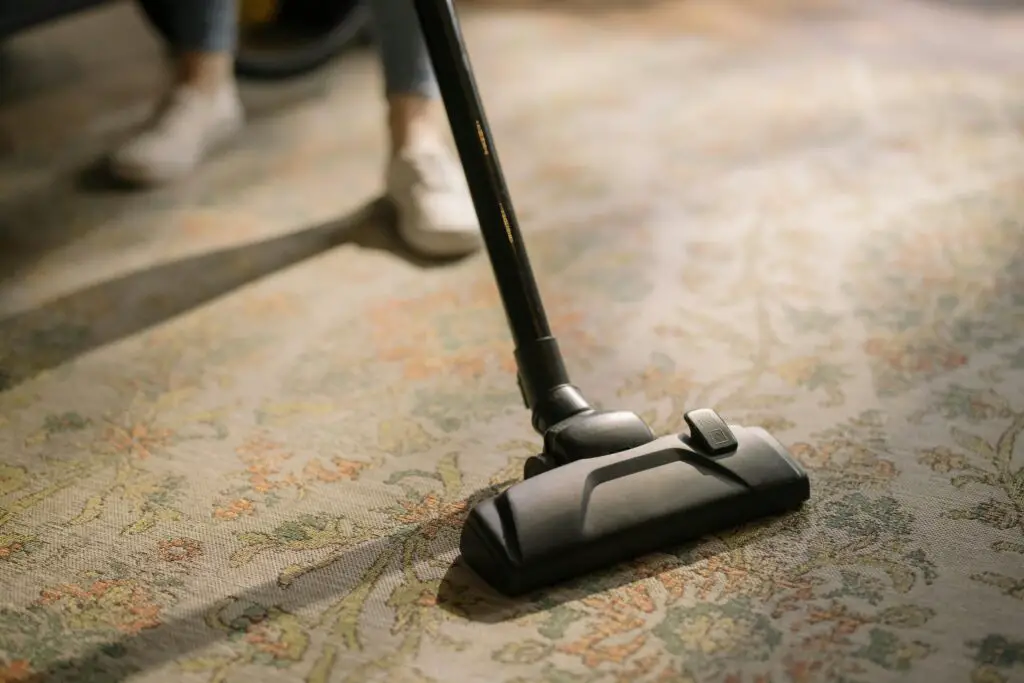
Shag carpets of the ’70s needed frequent cleaning, and kids were often the ones behind the vacuum. Pushing the heavy machine back and forth was real work. Parents always noticed if a corner was missed.
Vacuuming taught responsibility for shared living spaces. It also reinforced the importance of thoroughness and care. That hum of the vacuum became the sound of growing up.
11. Setting the Table

Every meal began with kids setting out plates, forks, and glasses. It wasn’t hard, but it required attention and a sense of order. The ritual gave a sense of pride in family routines.
It taught manners, responsibility, and awareness of others’ needs. The simple act of preparing the table built respect for shared meals. Those lessons shaped social skills later in life.
12. Weeding the Garden
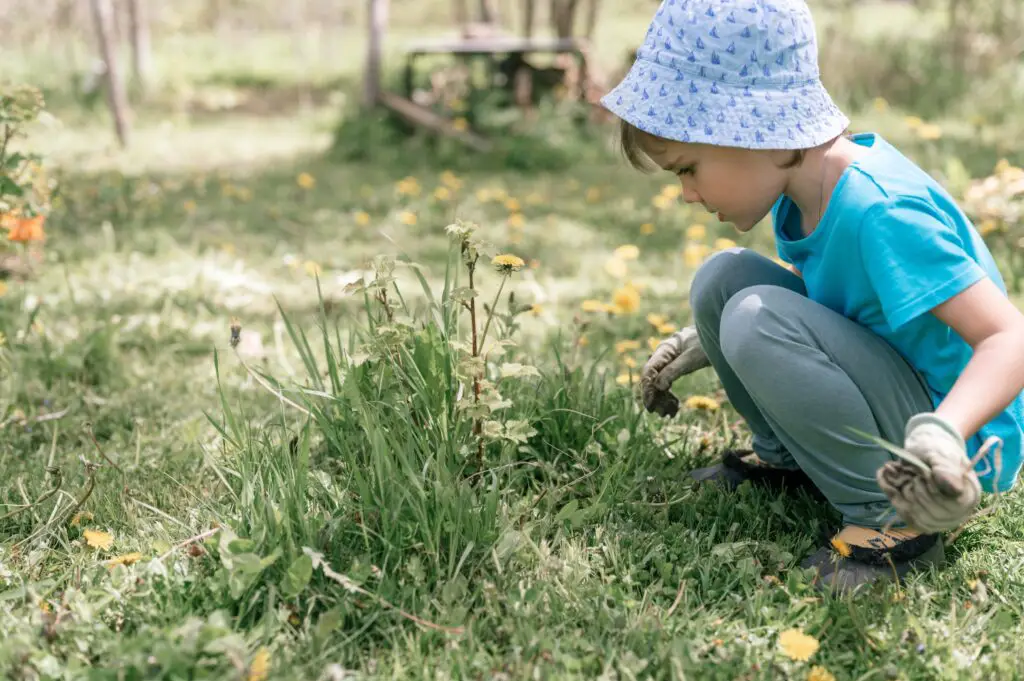
Pulling weeds in the heat was no child’s favorite pastime. Still, it taught patience and persistence. You couldn’t rush through it, or the weeds would just grow back.
Gardening built an appreciation for food and the outdoors. It also showed the rewards of hard work when vegetables ripened later. Kids learned discipline in every pulled root.
13. Polishing Furniture
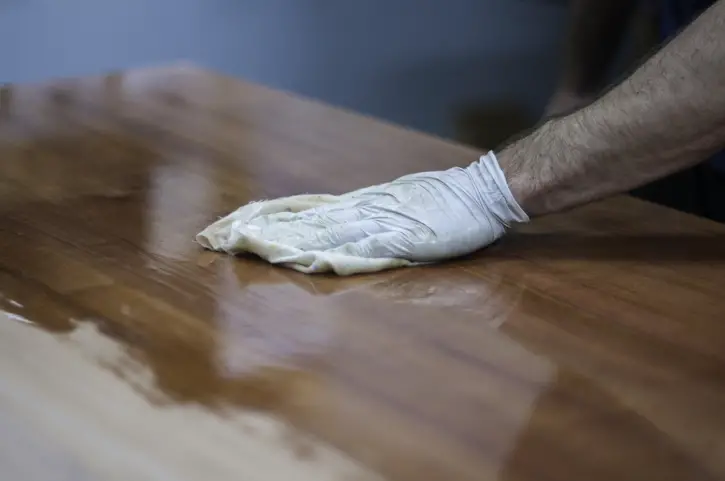
Dusting and polishing wood furniture was often assigned to kids. The smell of lemon-scented polish filled the air as surfaces shined. Parents noticed instantly if it was skipped.
This chore taught pride in appearances and care for family possessions. It also reinforced attention to detail. A shiny coffee table was proof of effort well spent.
14. Sweeping the Floors
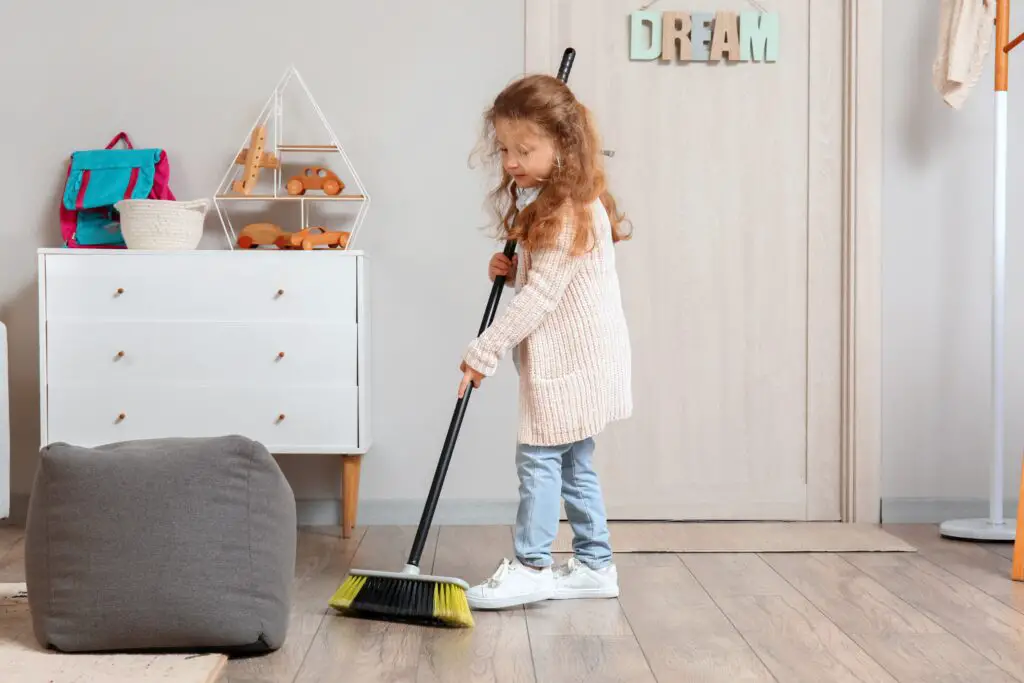
Brooms were essential in the ’70s kitchen, and kids were often handed one after meals. Crumbs, dirt, and pet hair vanished under steady strokes. It was one of the simplest yet most consistent chores.
Sweeping taught consistency—cleaning wasn’t a one-time thing, it was ongoing. It also reinforced responsibility for keeping communal spaces livable. Every sweep built discipline for bigger tasks later.
